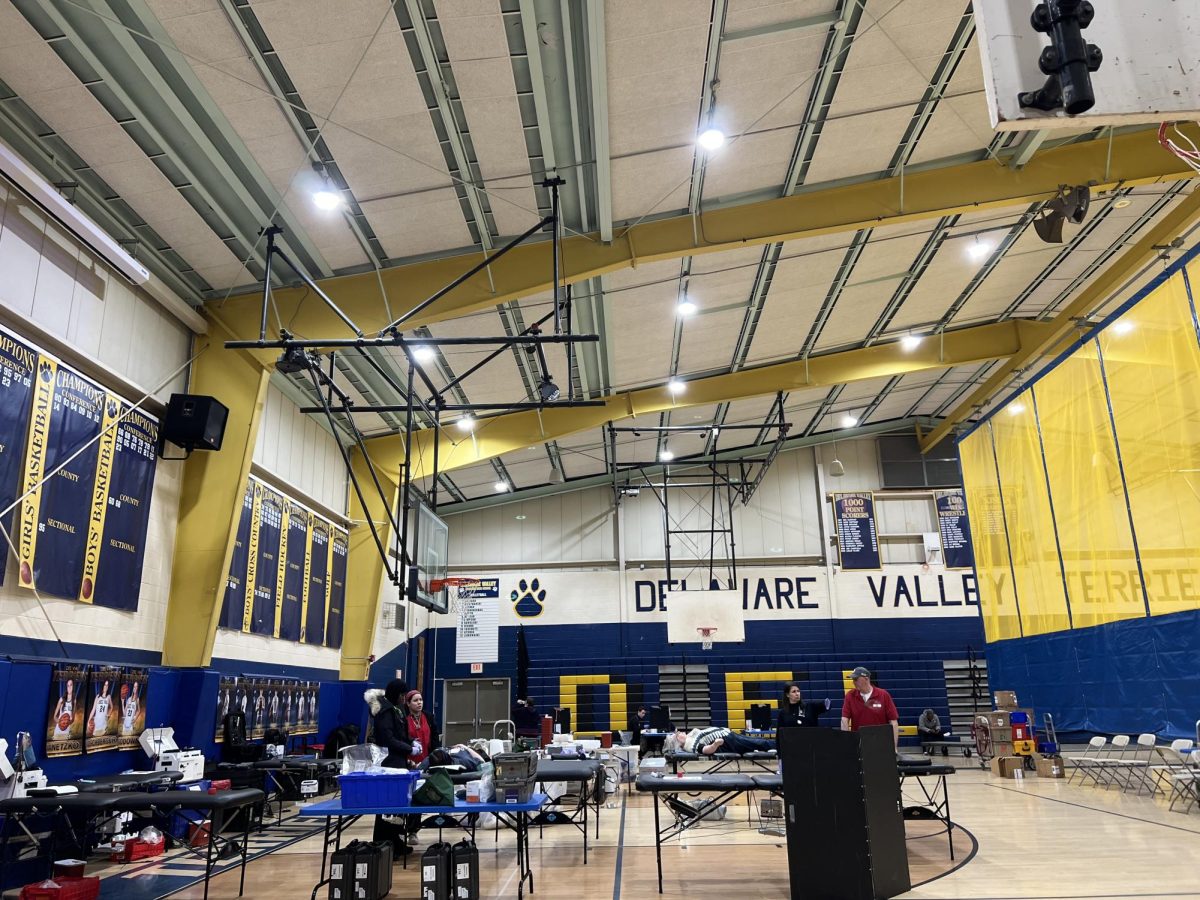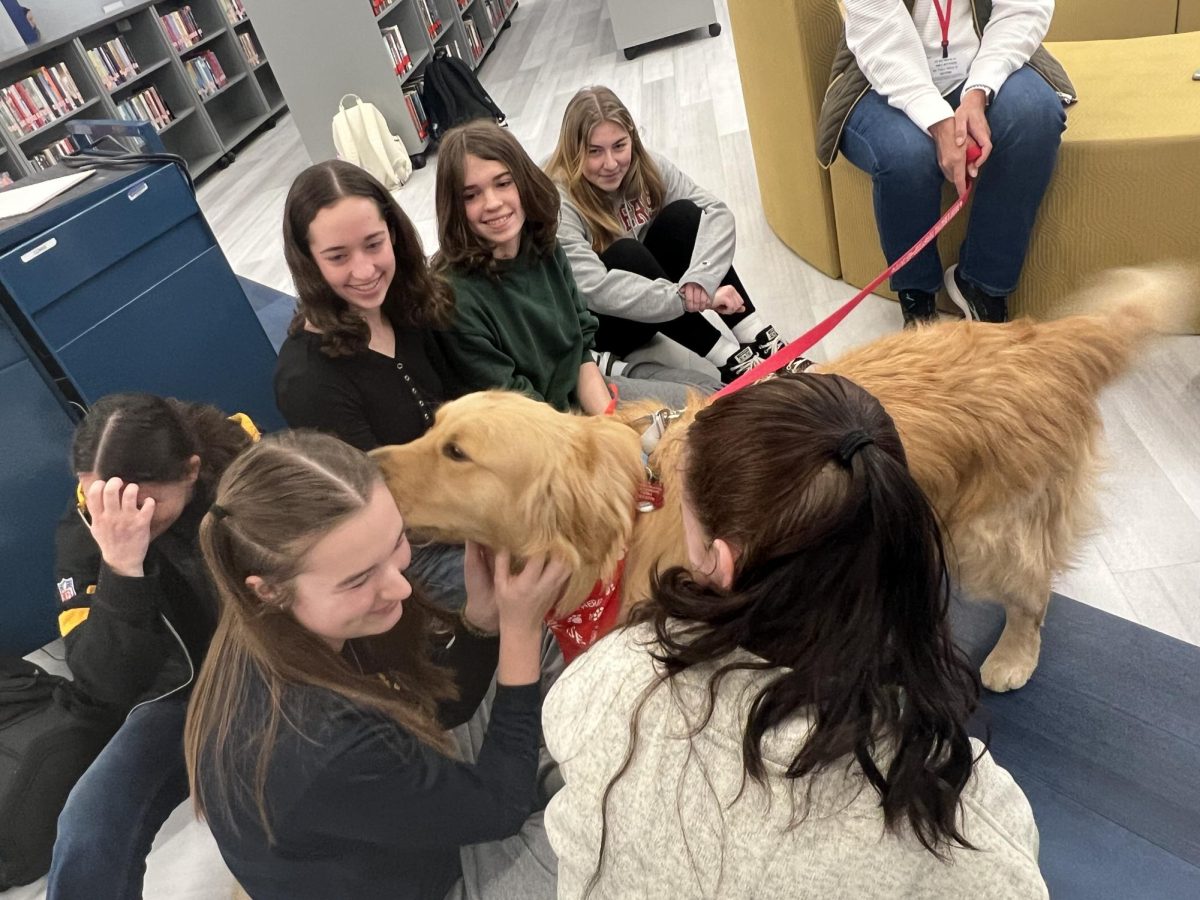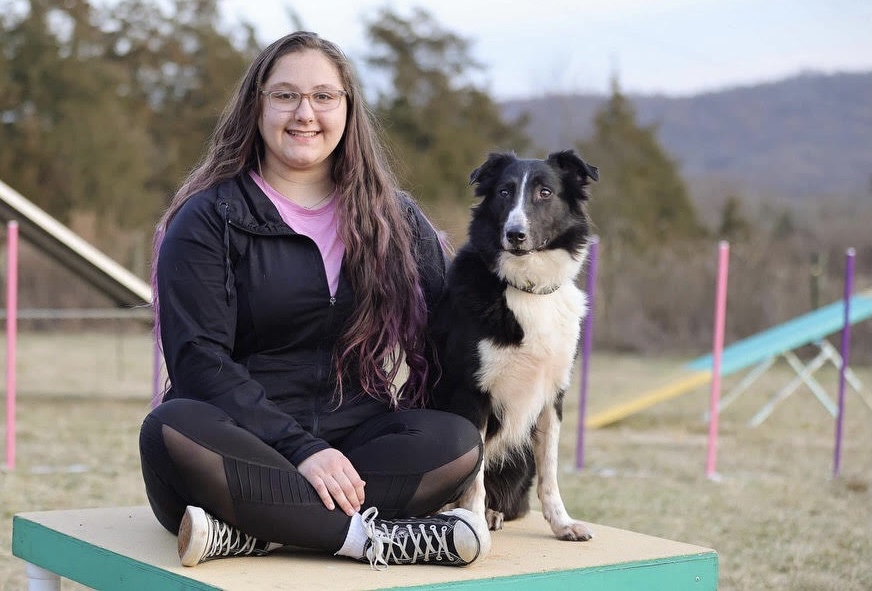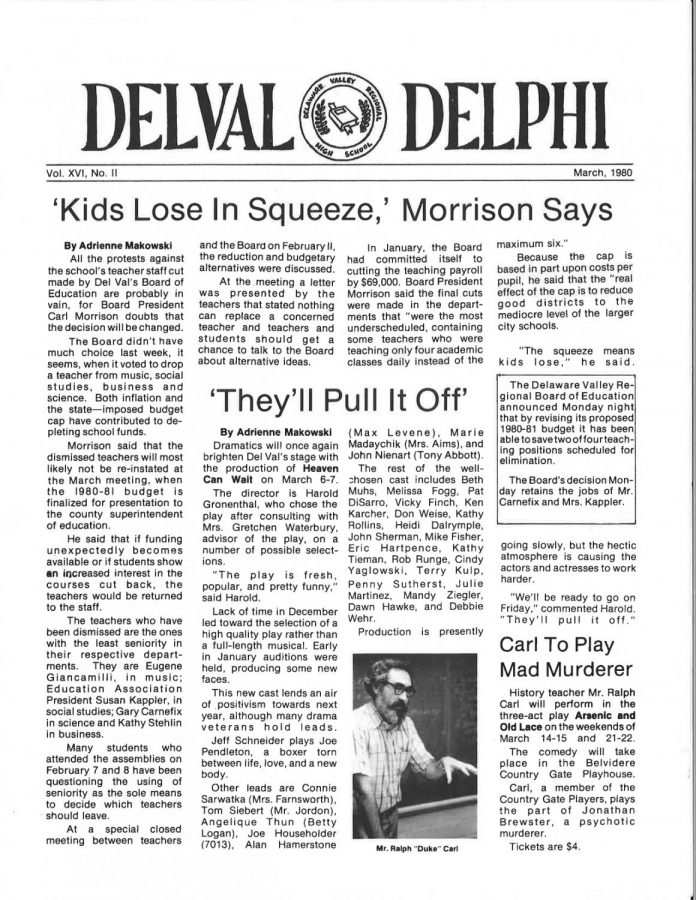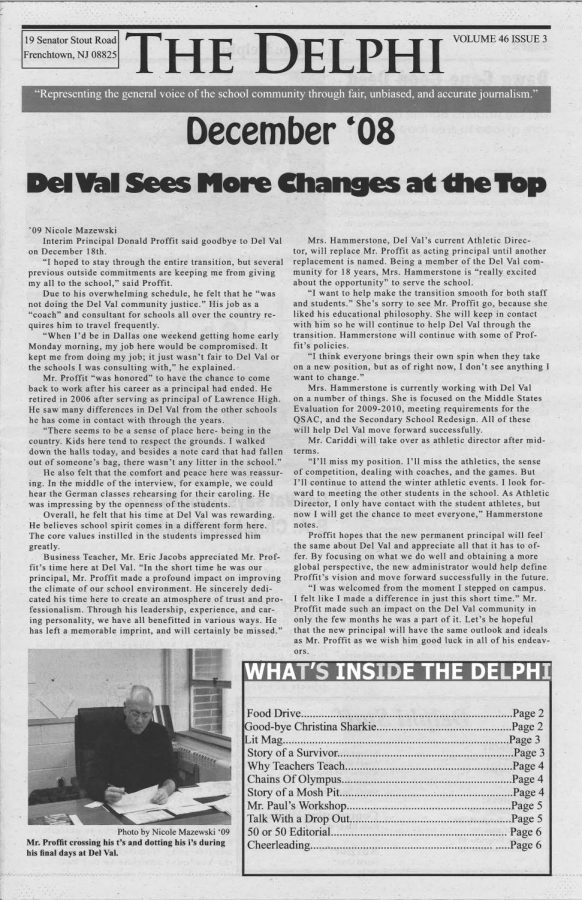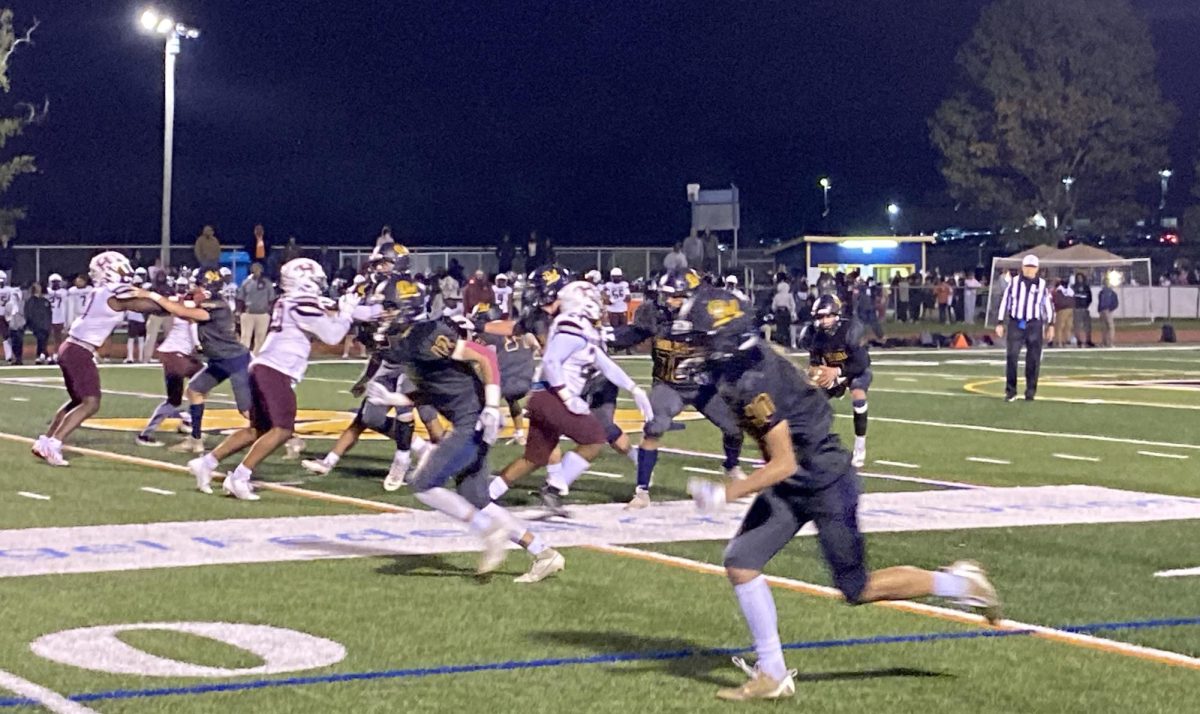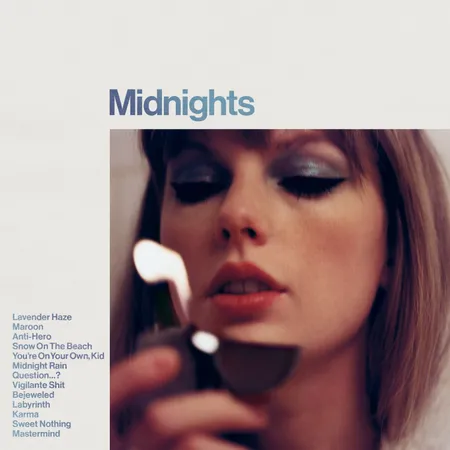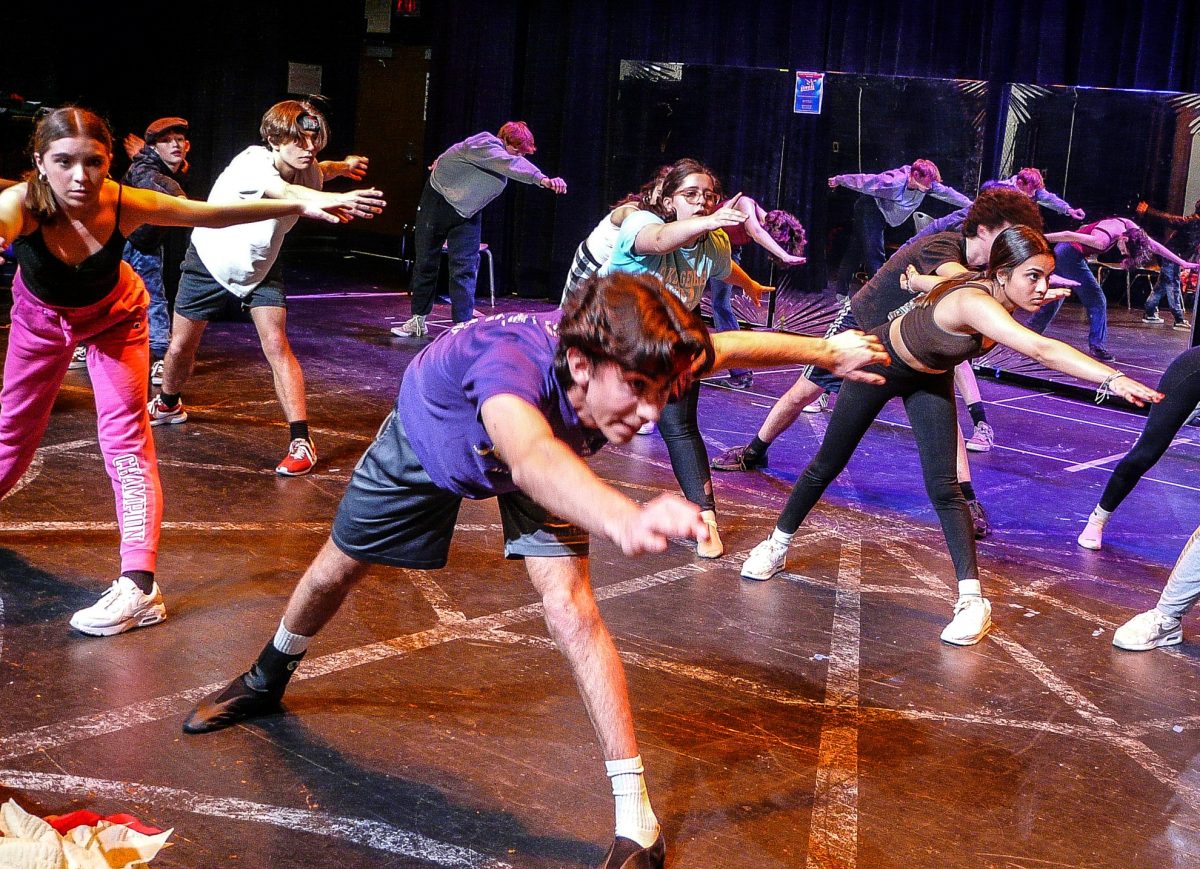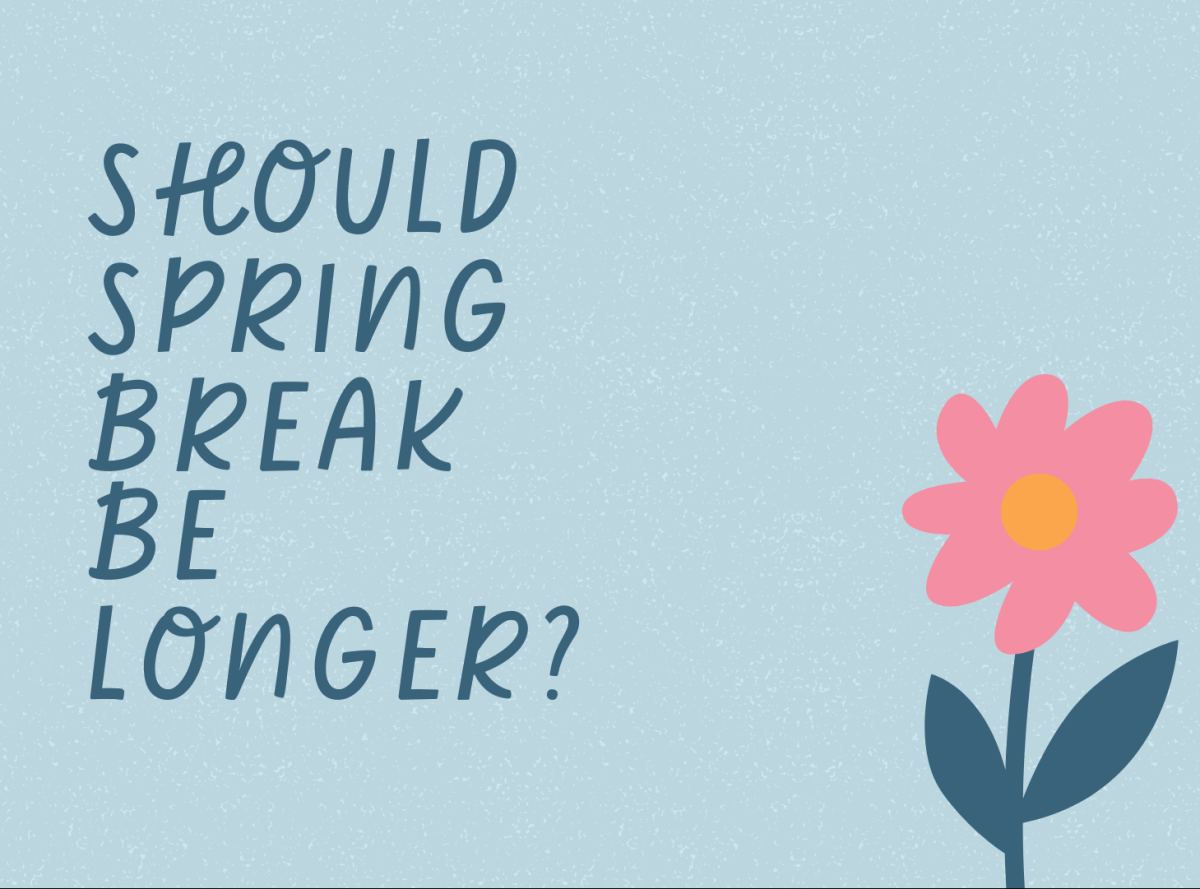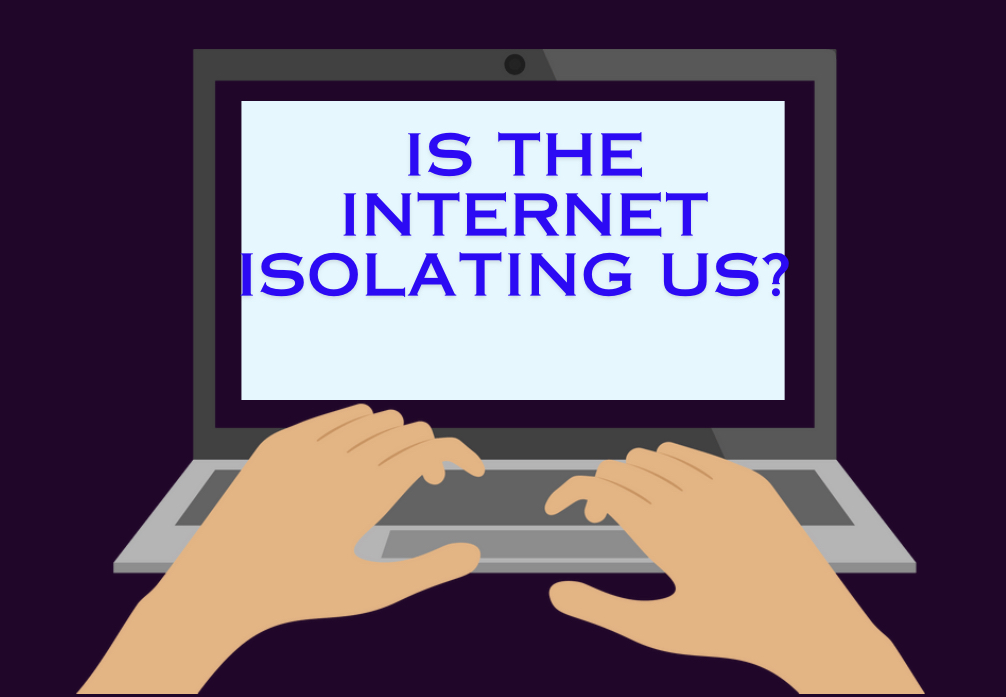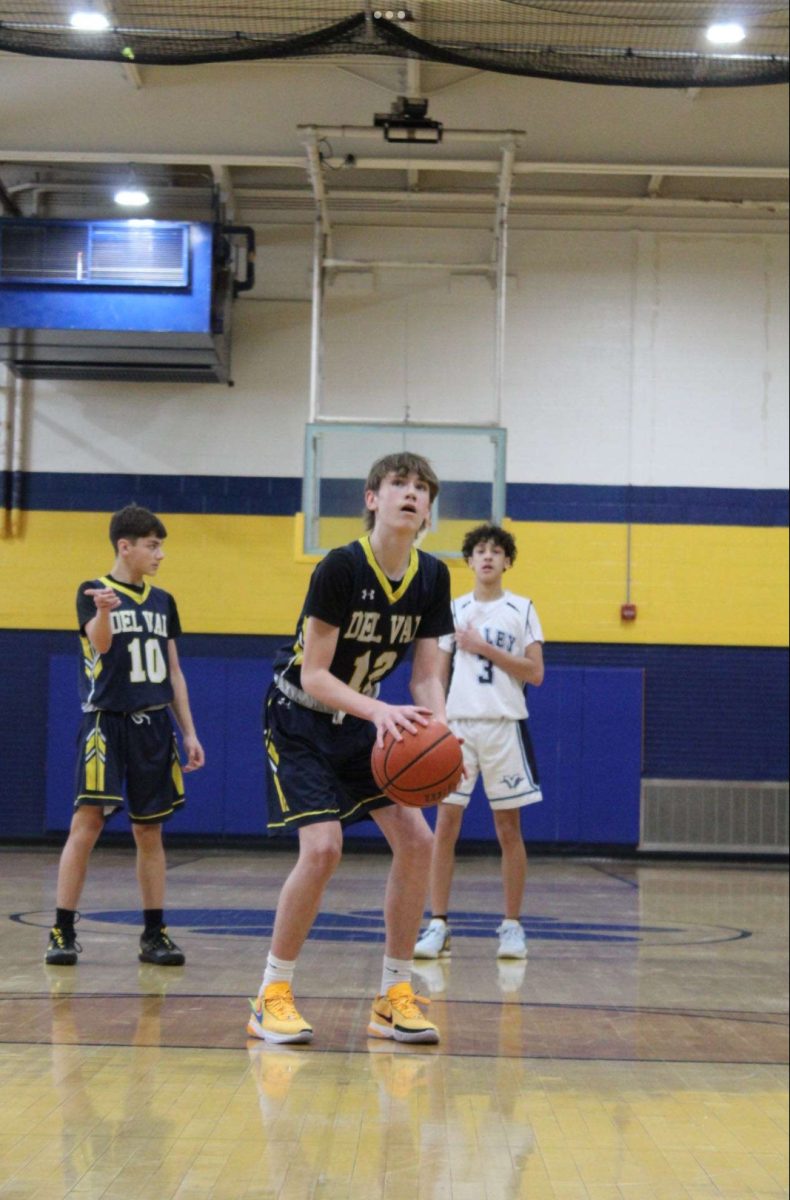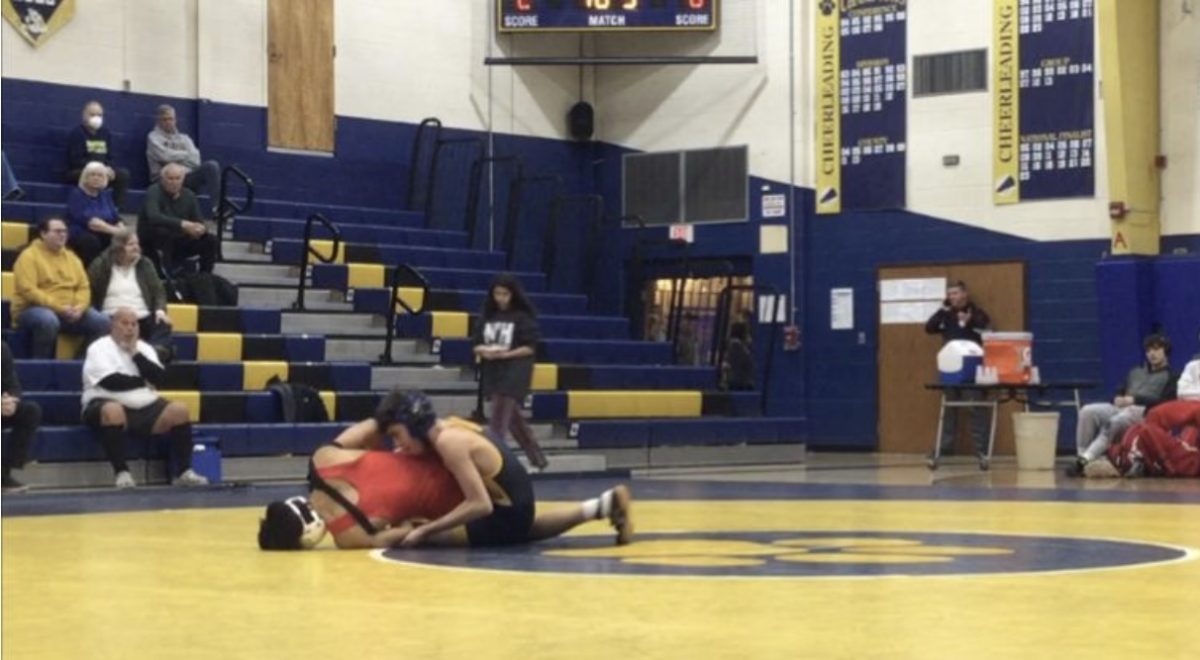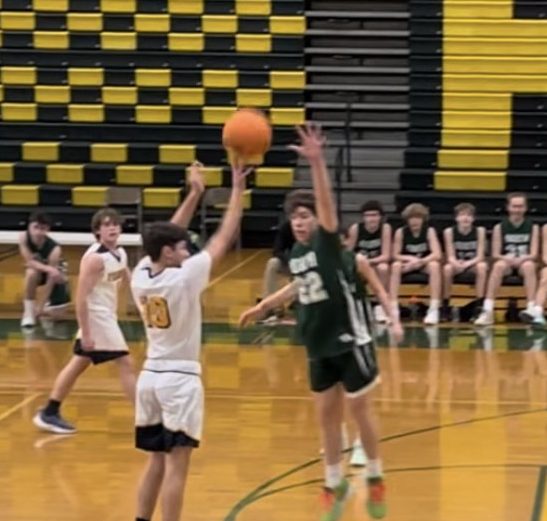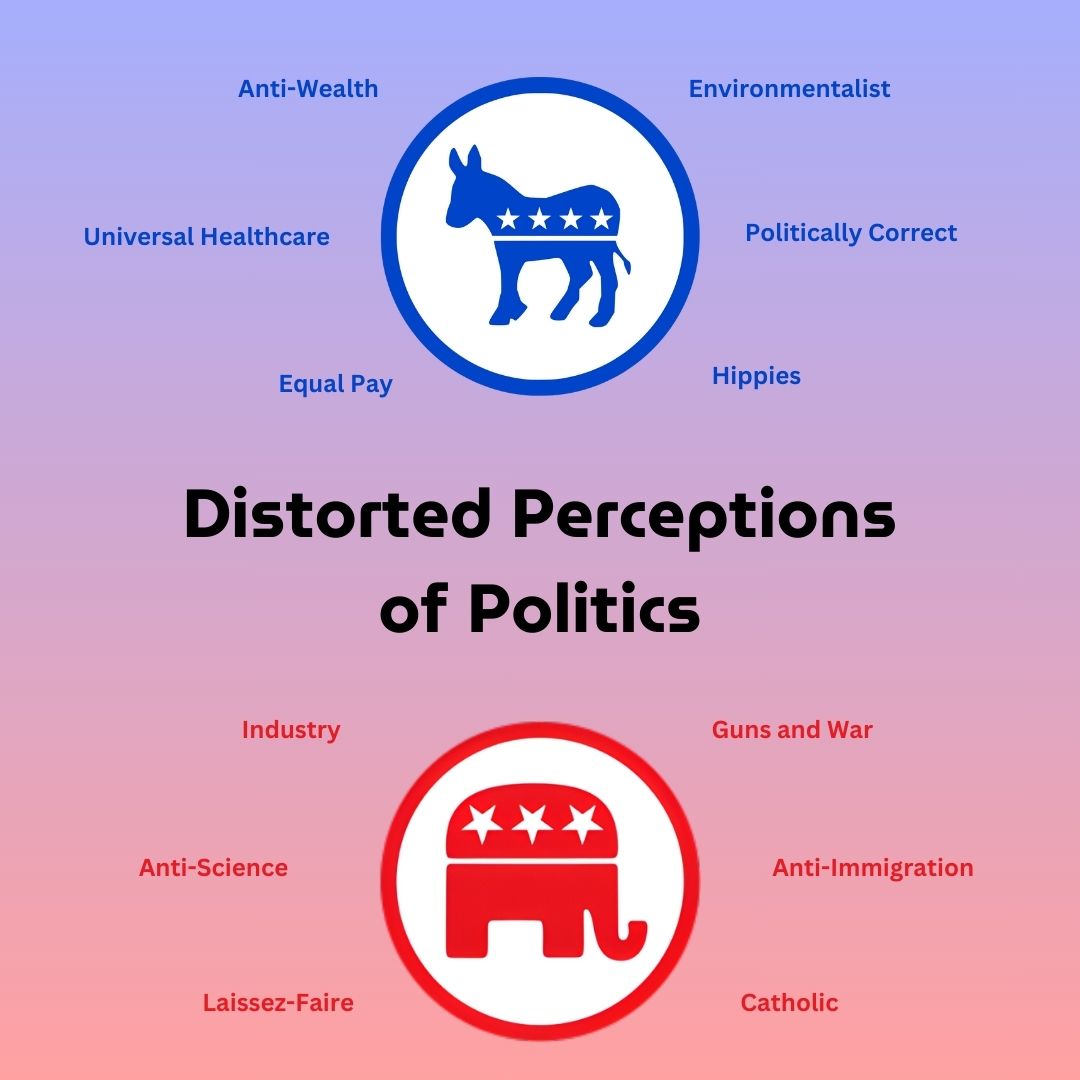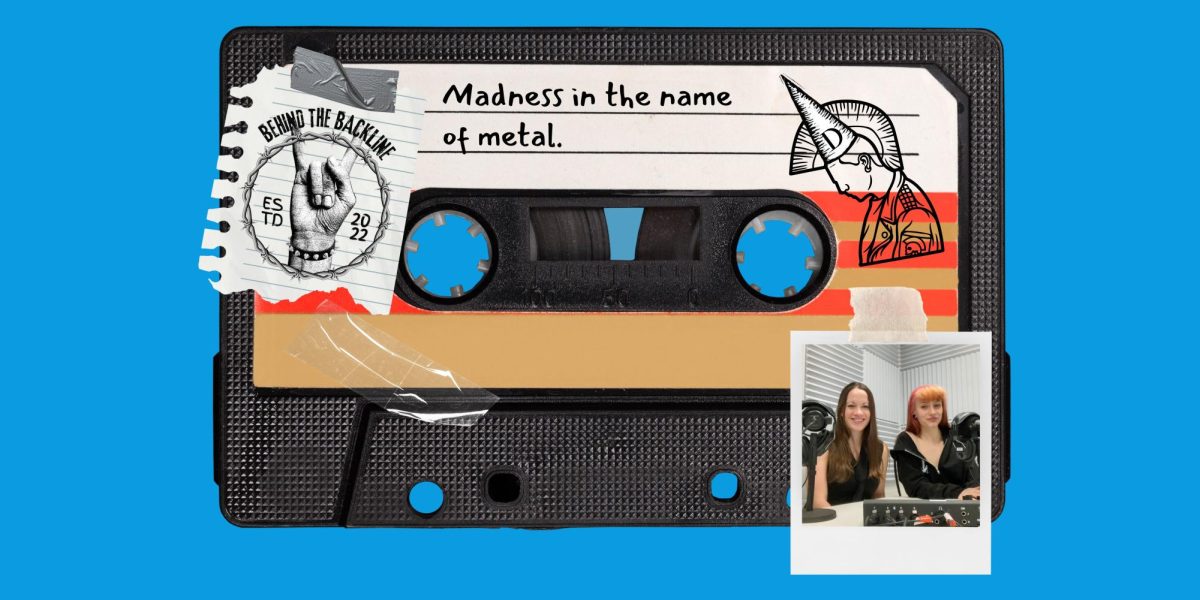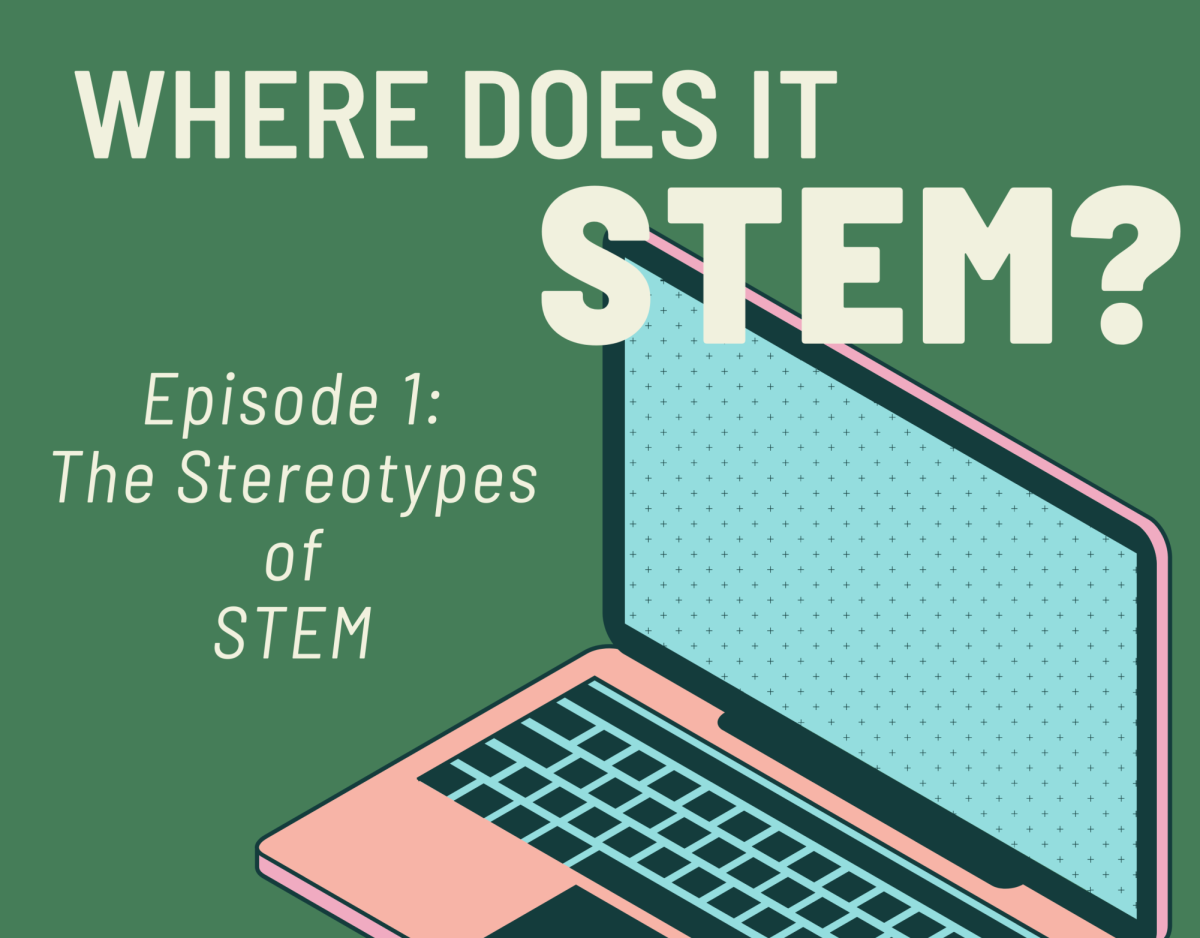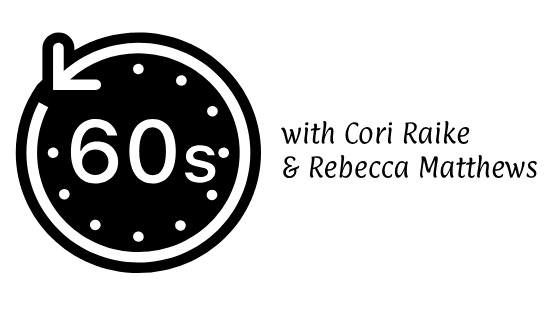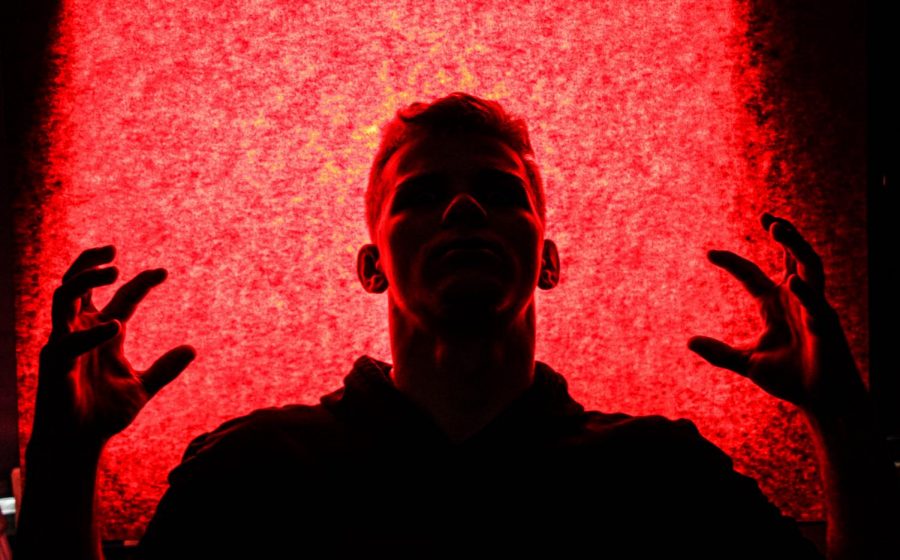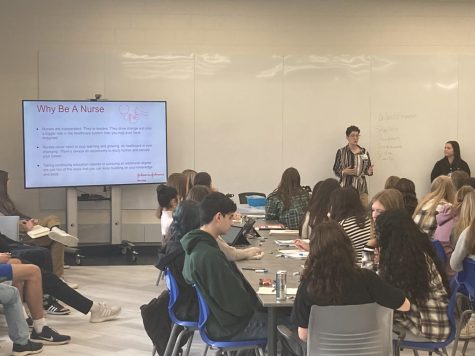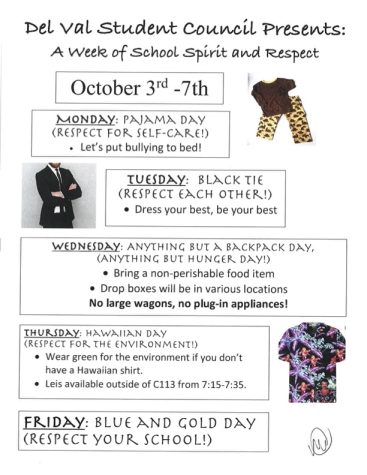You have anxiety? It’s ok, there is help
Anxiety levels in teenagers are on the rise, affecting students across the country.
November 12, 2020
Anxiety is one of the leading mental disorders found today.
There are usually two types of anxiety; one is the occasional anxiety that comes on when it’s brought about by some major stressor. The other anxiety is generalized anxiety, an anxiety that affects someone’s day-to-day life and makes each day a struggle.
Teenagers tend to be the age group that deals with anxiety the most. Whether its school stress, home life, or even stressful thoughts and worries, teenagers tend to be consumed with these feelings often, or even every day. Teenagers tend to be the most anxious because of all the pressure they tend to feel from every aspect in their lives. Social media, COVID, and other recent factors tend to be making the anxiety epidemic even worse for young adults. Fortunately, there are some ways to relieve stress without resorting to medication or something more severe.
First off, knowing what causes anxiety is important when it comes to finding coping mechanisms for it. Anxiety is a worry or fear about something. The usual symptoms of anxiety are restlessness, heart palpitations, sweating, fatigue, nausea, trembling, racing or unwanted thoughts, and many others. These symptoms can range from mild to severe, depending on the rise and fall of the anxiety levels someone has.
To cope with anxiety, recognizing why someone is experiencing anxiety is important. Just simply admitting that something is stressing you out and preparing yourself for that stress can help you. Breathing exercises can also help. They can reduce one’s heart rate, which may lower the anxiety.
Therapy is also a great way to help with anxiety. Talking to a specialist about what you’re going through can give lots of insight about how to work through your anxiety. Some of the therapy that helps with anxiety is cognitive-behavioral therapy, which is a type of therapy that looks at the type of thoughts and beliefs that cause anxiety. There is also biofeedback, which uses electronics to measure the levels of stress the body is going through. Susan De Lo Santos gives some mechanisms for dealing with anxiety. She suggests, “Doing things like checking your breathing throughout the day. If our stress level is high than one of the things that we’re doing is we’re regularly breathing shallowly. Meaning we’re only using the top portion of our lungs to breathe, which has a physiological effect on our body. This is attached to our brain, which makes up our mind.” The way we breathe effects how our brain reacts to situations, even small things, such as a movement someone does or something someone says.
Overall, anxiety is a difficult feeling to deal with. There are many different techniques that can help cope with it, but which one will work depends on the type of anxiety and the person dealing with it. It also depends on the situations causing the anxiety, as well. Mental health is extremely important to keep in check. According to Mrs. Susan De Lo Santos at Delaware Valley Regional Highschool quotes, “When we don’t have mental health, then that affects how we think, how we feel, and how we act.” She explains how bad mental health affects our everyday lives. She states, “If our mental health isn’t at optimum, our ability to concentrate, do well in school, be socially interactive, make good choices. All of those things end up falling a little bit by the way side.” A good mindset leads to a healthy life day to day.
With the anxiety epidemic levels rising, it’s important that they be more paid attention to. Many young adults are struggling, and they need somewhere to turn. Whether it’s you dealing with anxiety or someone you know, there are so many supports to turn to. Remember, you are not alone.


